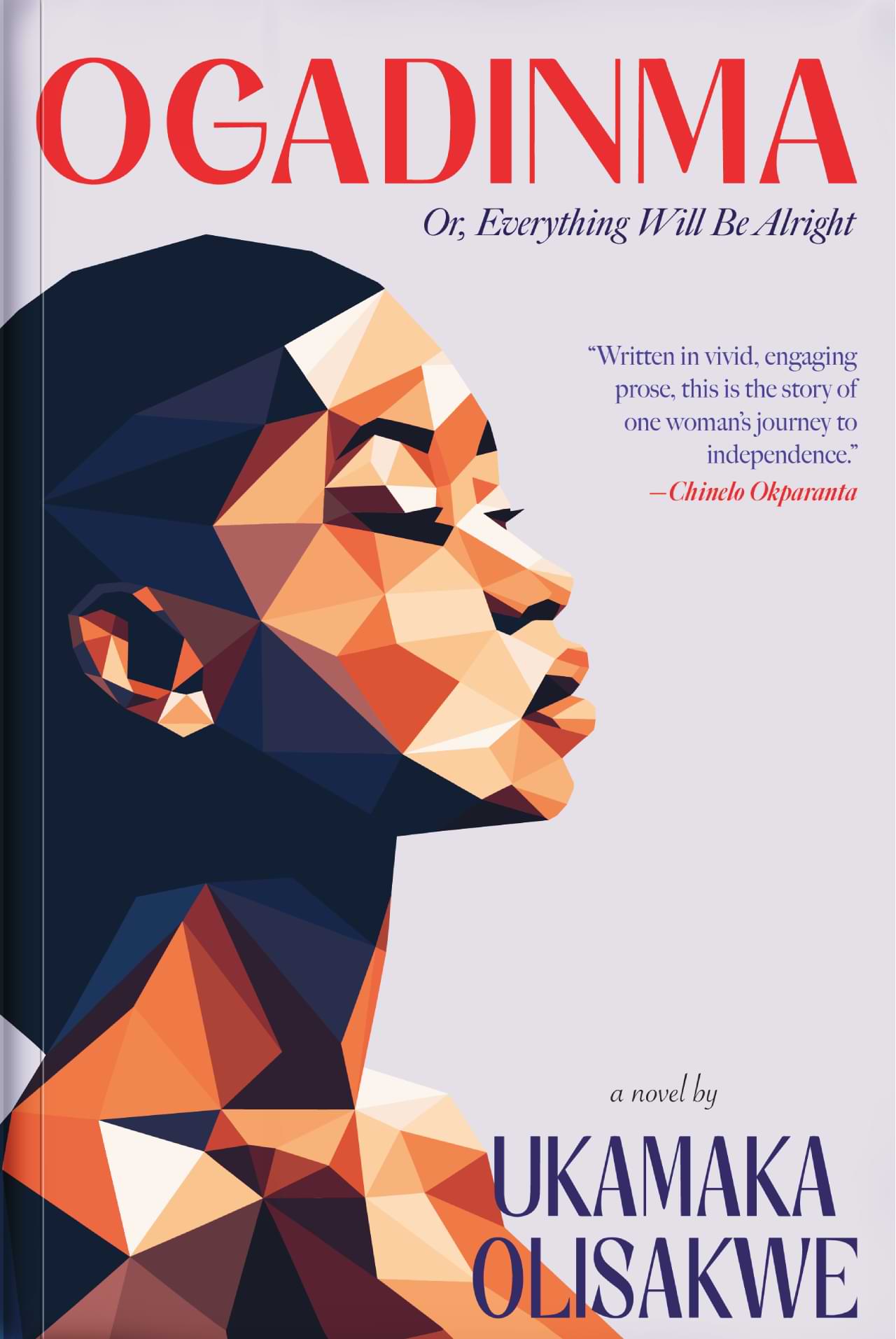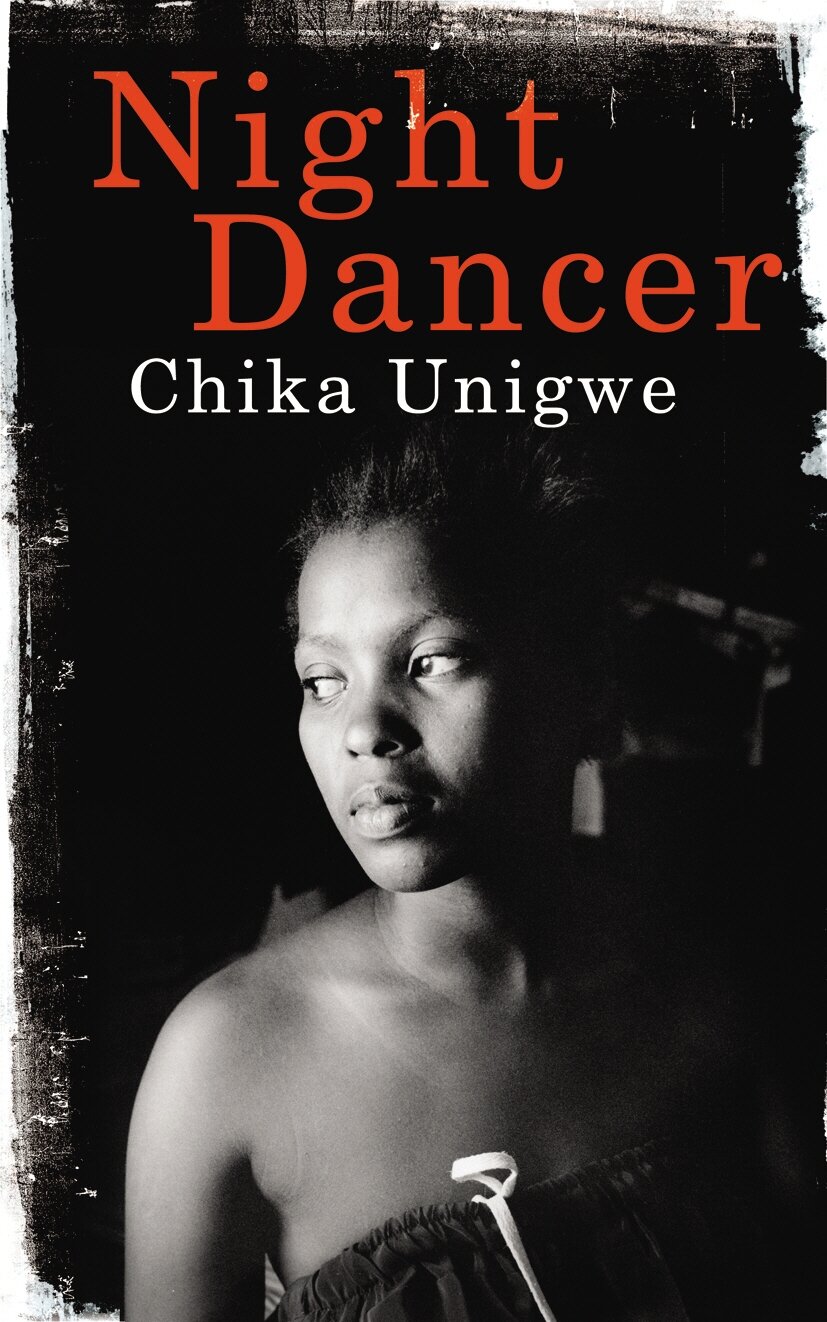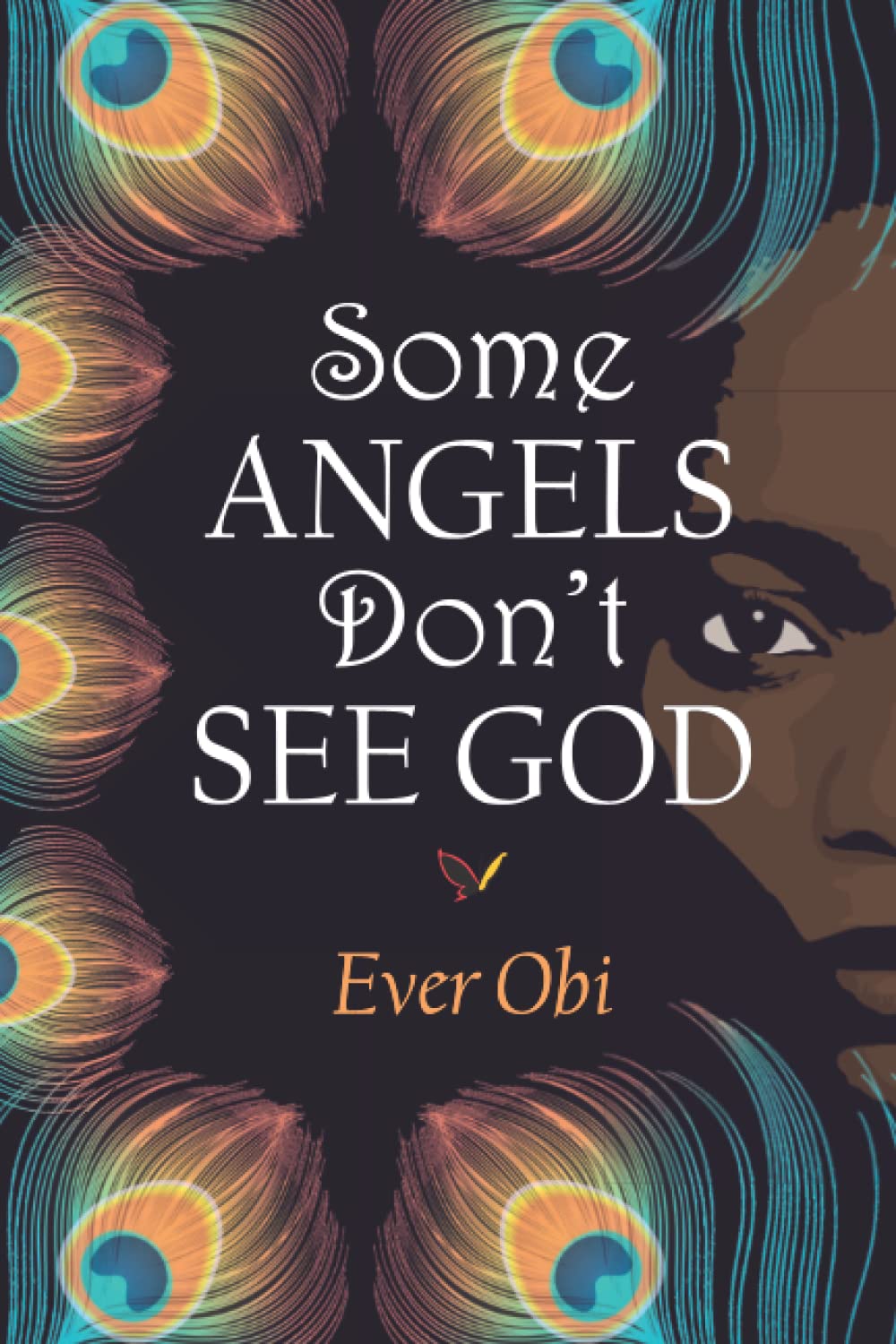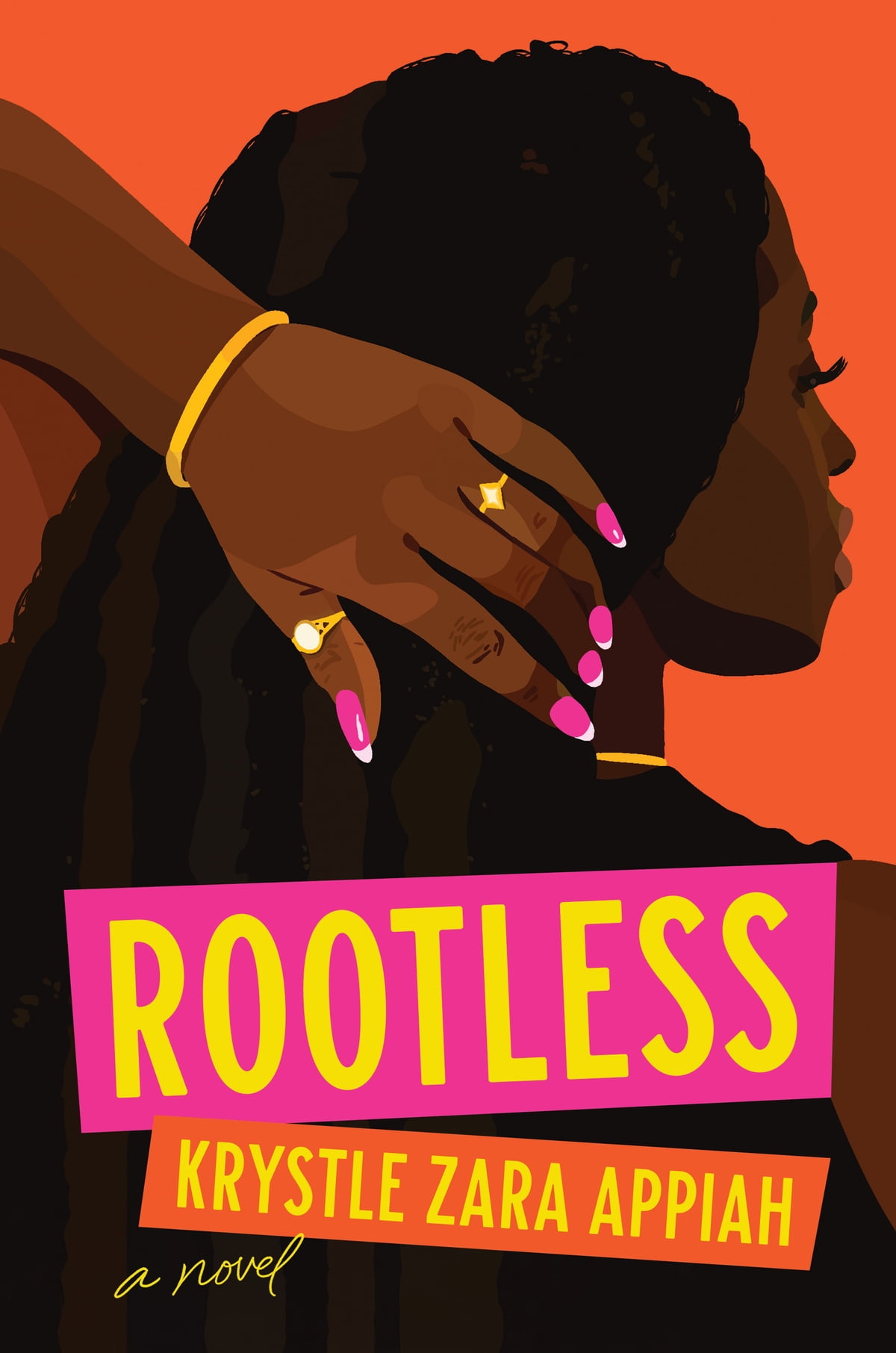
Ogadinma by Ukamaka Olisakwe

Ogadinma by Ukamaka Olisakwe

Ogadinma by Ukamaka Olisakwe

Ogadinma by Ukamaka Olisakwe

The Middle Daughter by Chika Unigwe

Night Dancer by Chika Unigwe
Oghenetega Elizabeth Obukohwo

Small Worlds by Caleb Azumah Nelson

The Secret Lives of Baba Segi’s Wives By Lola Shoneyin

The Death of Vivek Oji by Akwaeke Emezi
Chidinma Madeleine Okerenwogba

Some Angels Don’t See God by Ever Obi

Rootless by Krystle Zara Appiah